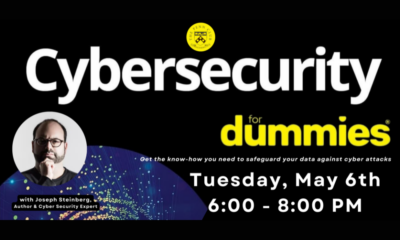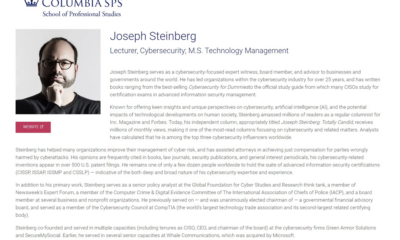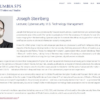Why Do Facebook Hoaxes Often Ask You To Copy, Paste, And Modify, Rather Than To Share?
Over the past few weeks several people have asked me why some Facebook scams and hoaxes – fake news, spurious offers, etc. – specifically tell people not to re-share them, but rather, to copy and paste their contents into new posts, sometimes with a request to add personal comments to the new posts:
I believe that there are at least four reasons for this:
1. Hoaxers want to avoid re-shares, as re-shares let a hoax get killed much easier than do technically-independent posts
If you share someone else’s hoax post and then the original poster deletes his or her post, your share disappears as well. Since hoaxes are prone to being deleted – either by the poster when he or she realizes that the post is a hoax, or by Facebook itself – sharing by copy and paste dramatically reduces the risk to the person behind the hoax that the hoax will be quickly killed off. Remember: A hoax that goes viral with 1 million shares can still be killed with the removal of a single post, but, a hoax shared with 1 million technically-independent posts needs to be deleted a million times in order to die.
2. Copying and pasting makes it harder for Facebook to remove the hoax – especially if personal comments are added
In addition to the matter discussed above in point #1, copying, pasting, and modifying posts – either by incomplete copying, or by adding to, removing from, or editing the posts – make it more difficult for Facebook to associate the new posts with the original hoax. The social media platform’s algorithms that look for specific posts stand a greater chance of missing a copy and paste version than they would an original post that is shared in identical form to the original.
3. Re-shares may be hidden by privacy settings, while new posts are likely to be seen by a much broader audience.
When you re-share a post from someone else, your share is subject to the original post’s privacy settings as well as yours. If the original post was configured, for example, to be visible to only the original poster’s friends, then only people who are friends of the original poster, and who also have permission to see your post (based on your privacy settings) will be able to see the post in your feed. With the exception of fully public posts, reshares can have much smaller potential audiences than do new posts; hoaxers, of course, want the largest possible audience, not an audience limited by combined privacy settings.
4. Copy and paste sharing of a hoax post makes detecting the original source of the hoax more complicated
With numerous slightly different versions of a hoax circulating in independent, technically-unconnected posts, it is much more difficult to determine from where the hoax originated than if many people share the post from the original poster. Hoaxers often do not wish to be known as the originators of their hoaxes; if people utilize copying and pasting, rather than re-sharing, they help to preserve the hoaxers’ anonymity.
This article originally appeared in Inc.













 CyberSecurity for Dummies is now available at special discounted pricing on Amazon.
Give the gift of cybersecurity to a loved one.
CyberSecurity for Dummies is now available at special discounted pricing on Amazon.
Give the gift of cybersecurity to a loved one.